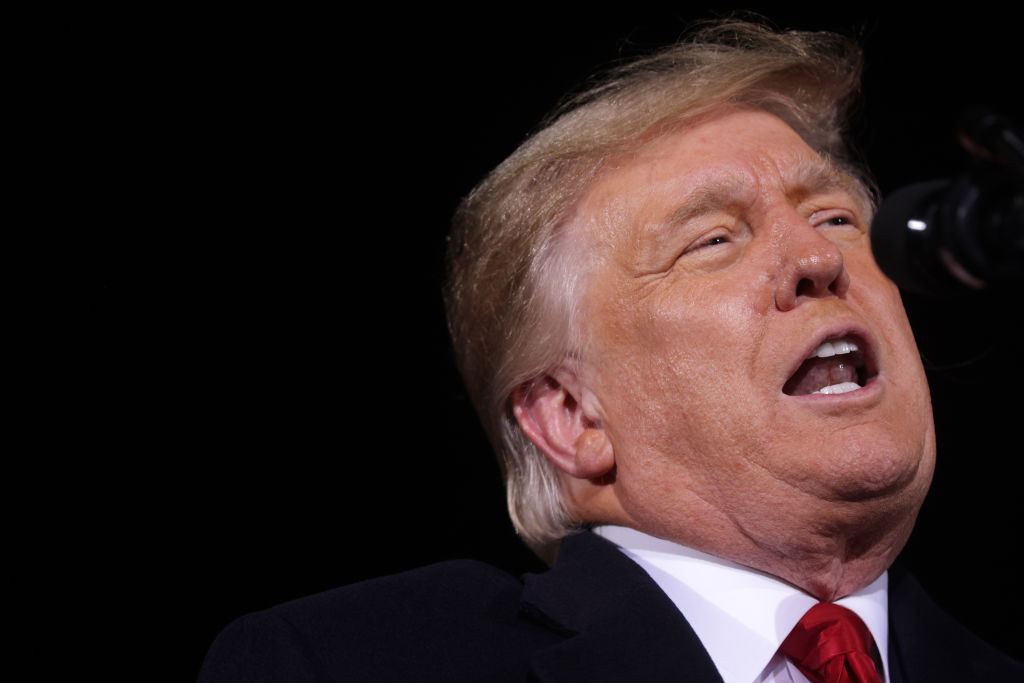For some years I chaired the international alliance of centre right and conservative parties, the International Democrat Union. It is an organisation that illustrates the difficulty of defining and categorising right-wing political movements: it is called ‘democrat’, but includes the American Republicans, boasts the Australian Liberals among its avowedly conservative members and includes Christian Democrats, Independence parties, National parties, People’s parties and even one United Workers Party.
This variety is more than a matter of nomenclature. What these parties have in common is that they are the main rivals in each of their countries to a party of the left. They are defined more by a shared enemy than having similar programmes of their own. Conservative politicians generally shun abstract principles and universal ideologies. Each of their parties is rooted in the soil of a particular country, attached to the habits, institutions and history of that place. A Gaullist is a conservative but is particular to France in his or her views; the Christian Social Union is unique to Bavaria.
While socialist and liberal ideas prosper or wither in a global climate of ideas, the adaptability of conservatives to each nation’s circumstances is the explanation of their longevity and power — always changing, frequently compromising, often dealing with opposition by amalgamating with it. But that makes the global development of conservatism difficult to codify and define. Edmund Fawcett recognises this from the outset: ‘Conservatism as understood here is a tradition or practice of politics. Neither who conservatives are nor what they think can be put into a phrase or formula.’
To make the study of conservative thought a manageable exercise, Fawcett confines himself to the history of four great nations — the United Kingdom, the United States, France and Germany — and four momentous periods, beginning with ‘Resisting Liberalism’ in the 19th century.







Comments
Join the debate for just £1 a month
Be part of the conversation with other Spectator readers by getting your first three months for £3.
UNLOCK ACCESS Just £1 a monthAlready a subscriber? Log in